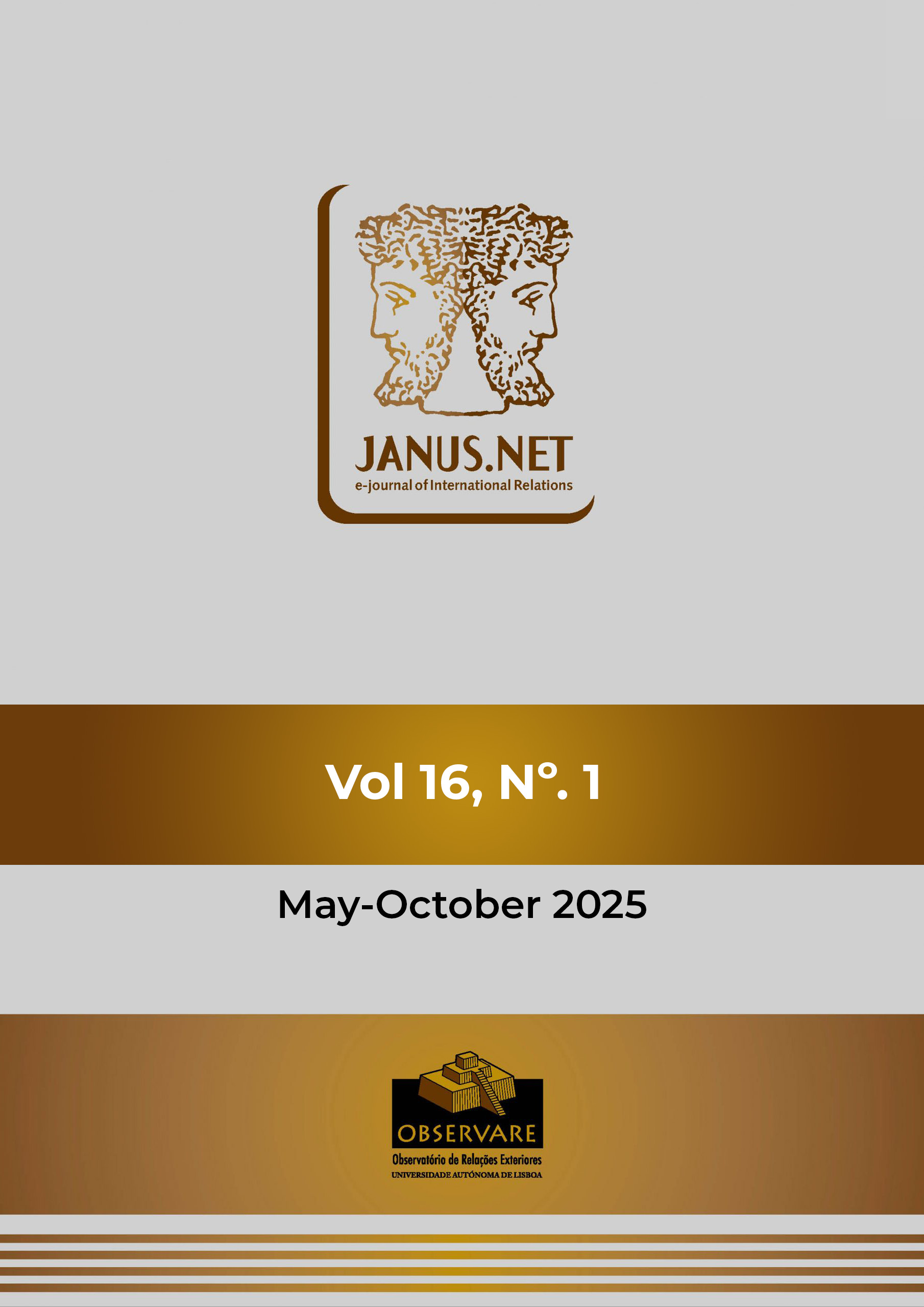NAVIGATING CHINA’S GLOBAL FOREIGN SECURITY STRATEGY: ASSESSING THE ACHIEVEMENTS AND CHALLENGES OF THE BELT AND ROAD INITIATIVE AFTER A DECADE OF IMPLEMENTATION
DOI:
https://doi.org/10.26619/1647-7251.16.1.13Keywords:
BRI, China’s foreign security strategy, maritime security, geopolitical influence, infrastructure investmentAbstract
The Belt and Road Initiative (BRI) serves as a central component of China’s foreign security strategy under Xi Jinping, aimed at achieving the “two centenary goals” and realizing the “Chinese Dream”. This study utilizes a document analysis approach to assess the objectives, positive outcomes, and challenges that the BRI has encountered in the strategic repositioning of China’s foreign security after a decade of global implementation (2013-2023). The research focuses on three main aspects: (i) Analyzing China’s foreign security strategic objectives through the BRI, including positioning China as a friendly major power, promoting economic development, safeguarding strategic maritime routes, and shaping a geopolitical landscape favorable to China’s interests; (ii) Evaluating the positive outcomes achieved, such as enhancing influence through “policy connectivity”, expanding soft power, establishing financial institutions, boosting overseas infrastructure investments, and fostering economic and financial linkages; and (iii) Identifying the major challenges BRI faces, including strategic competition from other major powers, concerns from participating countries about “debt-trap diplomacy”, risks to Chinese enterprises investing abroad, and potential failure due to external shocks such as the COVID-19 pandemic and the Russia-Ukraine conflict. Based on this analysis, the study concludes that overcoming these challenges will be crucial for China to achieve its strategic objectives in foreign security through the BRI.


